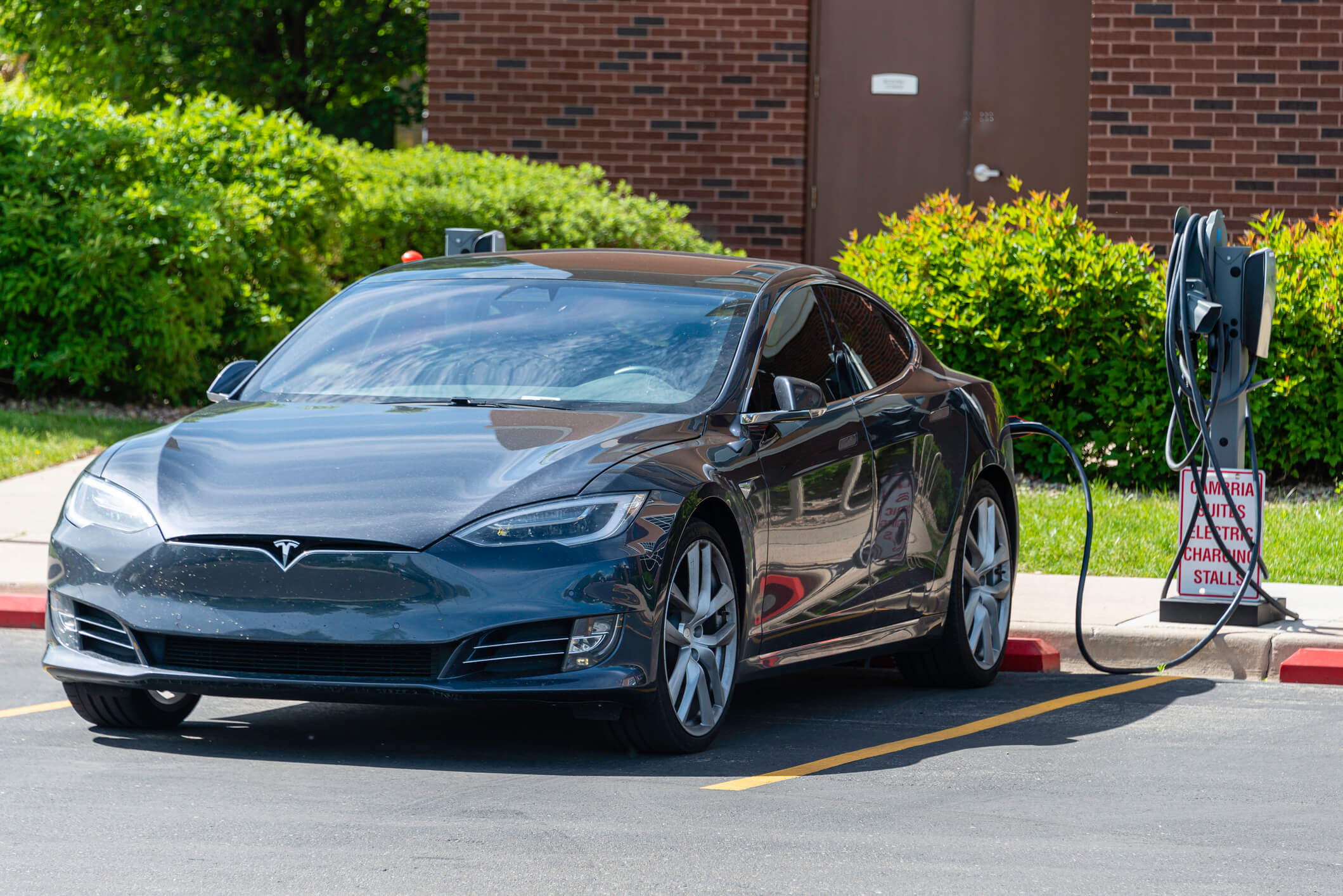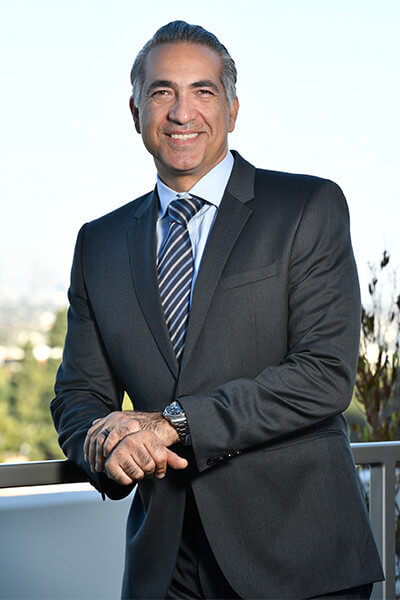By Sepehr Daghighian
Tesla Motors, the California-based manufacturer of luxury, electric cars is known for producing cutting edge vehicles. Indeed, Tesla’s Model S, Model X, Model 3, Model Y, and Roadster models are free from fossil fuels and implement some of the auto industry’s most advanced technologies. Tesla boasts space-age engineering, which comes to the consumer at a high sticker price. However, in spite of Tesla’s promises of futuristic technologies and revolutionary reliability, owners of Tesla vehicles often find their vehicles plagued with incessant and unfixable defects.
While Tesla’s vehicles are certainly pricey, they are hardly defect-free. Tesla owners often find their vehicles plagued with a wide variety of issues such as charging problems, software bugs, problems with the display/control systems, annoying rattles and creaks, leaks, suspension issues, and a host of other vehicle problems. Most notably, the United States National Highway Traffic Safety Administration recently announced that it is evaluating a petition to investigate potential defects in Tesla batteries, particularly those for Model S and X vehicles produced for model years 2012 through 2019. An attorney bringing a class-action lawsuit on behalf of Tesla owners cited to the agency’s Office of Defects Investigation, an “alarming number of car fires” that appeared to be spontaneous.
Among the most serious issues complained of by Tesla owners are problems with the battery/charging systems. For example, customers often complain of problems with the charge port not working properly, the battery failing to deliver the promised range, problems with the charging system, errors in the Power Conversion System, problems with the wire harness, and a host of other battery/charging system issues.
Tesla vehicles include a sophisticated computer-based infotainment/control system, which is used to operate the vehicle’s stereo, air conditioning system, navigation, and most other vehicle systems. Unfortunately, like other computerized systems, the Tesla system is prone to bugs. Thus, customers have complained of the screens in their vehicles freezing, becoming non-responsive, failing prematurely, needing repeated reboots, and other defects. Also, while the Tesla screen is covered by the vehicle’s warranty, replacing the screen outside of the warranty can be extremely expensive.
Finally, Tesla customers have faced a wide variety of relatively minor issues with their vehicles squeaking, squealing, rattling, and making other bizarre noises. While oftentimes the noises have to do with defects in the fit and finish inside the car, customers have also complained of strange noises emanating from the drive unit. Tesla vehicle’s suspension systems have also been the subject of numerous complaints rattling and squealing.
If you own or have leased a Tesla that has been subject to too many warranty repairs, has spent too much time in the shop, or has not lived up the quality promised to you, you may have a lemon on your hands. The lawyers at CCA can quickly determine if your Tesla qualifies for repurchase/replacement at no charge to you. Also, in certain cases, our clients have been entitled to recover additional compensation beyond what they paid for their vehicles (See: Success Stories). Please call our experts today for a free consultation: (833) LEMON-FIRM.

